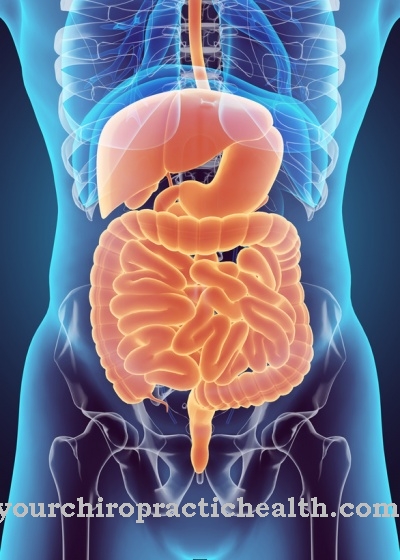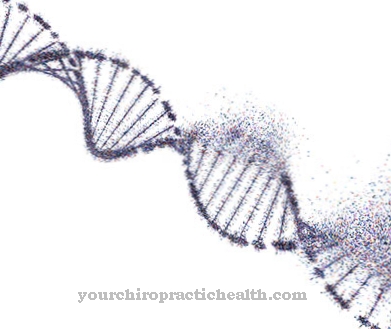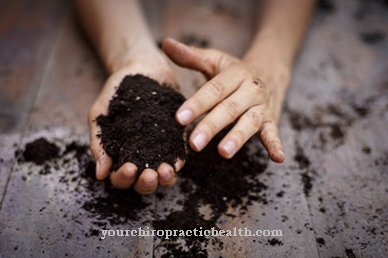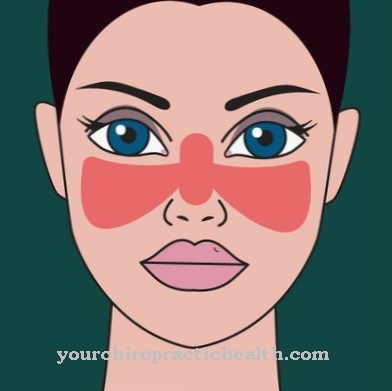Sometimes summer is so hot that people of all ages develop circulatory problems. The reason for this is that when the body is exposed to extreme heat, it quickly loses fluids and threatens to become dehydrated. In the process, minerals are lost, and the body reacts with circulatory problems such as dizziness, nausea and vomiting. Yet there are tips to help Circulatory problems in the heat to manage.
When the heat is too stressful
Heat and a high level of humidity cause severe stress in the body. Other risk factors include improper clothing, lack of fluids, and physical activity. Excessive physical activity at very high temperatures puts a lot of stress on the heart and circulation. Hence are Circulatory problems in the heat No rarity.
At high temperatures, the body suffers from fluid loss and heat build-up. Elderly people, patients with cardiovascular diseases and weak veins are particularly at risk. But young and healthy people should not underestimate high temperatures either. When the heat is extremely high, the blood vessels expand, which leads to physical discomfort.
The blood sinks in the legs, so the brain receives less oxygen. The blood pressure can no longer be maintained. It falls off, which leads to circulatory problems such as dizziness, headaches and even fainting.
Drink enough & rest
To prevent circulatory problems that can result from the heat, all outdoor activities should be avoided. It is advisable to find a place in the shade and make sure you drink enough. In summer it should be two to three liters a day. Water, unsweetened teas or fruit juice spritzers are well suited.
This makes it possible to compensate for the loss of fluid at high outside temperatures and to avoid circulation problems. Coffee, black tea and alcohol should be avoided because these drinks put additional stress on the circulation. After drinking alcohol, the blood vessels widen even more than is already the case when it is hot. This means that even smaller amounts of blood are available to the circulatory system.
The body also loses more fluids and minerals. If you feel listless, compresses made of wet, cooling towels are a good way to lower your body temperature again. However, the body should not be completely covered, otherwise the air will no longer contribute to cooling.
If you have circulatory problems, it is also helpful to put your legs up or spray your face and body with cold water, because this will stimulate your circulation again.
Pay attention to the fluid balance
A balanced water balance is the most important prerequisite for the entire body to function when it is hot, because water is the main component of all cells and body fluids. It acts as a transport and coolant, protects against evaporation and overheating and thus prevents circulatory problems.
Loss of fluid can lead to serious damage to health within a few days, for example dizziness, weakness, blood thickening and even loss of consciousness. With a persistent lack of water, the body is no longer able to adequately eliminate the urinary substances from the body. This results in a failure of the circulatory system and kidneys.
When the body feels thirsty, it indicates that there is already a lack of fluids. Sweating, physical activity, dry air, fever, and diarrhea increase fluid requirements. To prevent dehydration, it is important to drink enough.
Signs of a lack of fluids include dry mouth, headache, rising body temperature, constipation, and sagging skin. It is important that you drink regularly throughout the day and that the resulting loss of fluid is not compensated for in the evening.
Contrast showers and foot baths can help
If it becomes unbearable on hot days, foot baths with cold water can be a good help to strengthen the circulation. After the feet have been placed in the cold foot bath, over time you can feel how the body slowly cools down, which at the same time improves your well-being.
The feet should be left in the cold water for 10 to 20 minutes. The effect can be increased if the lower legs are covered with the cold water as well as the feet. Of course, you have to pay attention to a suitable place so that the sun does not heat the water too quickly and thus does not have a cooling effect. People with weak cardiovascular systems should start slowly and with a little less cold water.
Alternating showers stimulate blood circulation and thus also prevent circulatory problems. The entire body does not necessarily have to be showered here. Often it is enough if the upper arms are sprayed with the water, alternating between cold and warm. At the end the water should be cold.
Listen to your body's signals
When it is hot, it is important to avoid overexertion and not to put additional strain on the circulation through physical activity or sport. As the temperature rises, the risk of circulatory collapse and sunstroke increases. It is therefore advisable not to expose yourself to too much heat.
It is also important that the signals given by the body are listened to. If you have a dry mouth, weakness, headache, dizziness or cramps in your arms or legs, it is high time to go to the shade or a darkened room, lie down, put your legs up and drink water. If the condition does not improve, a doctor must be called.










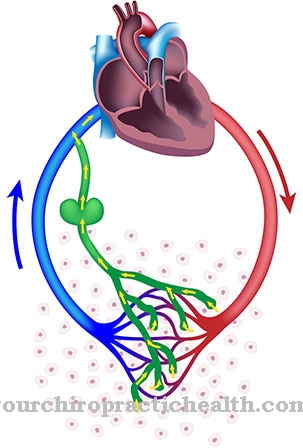
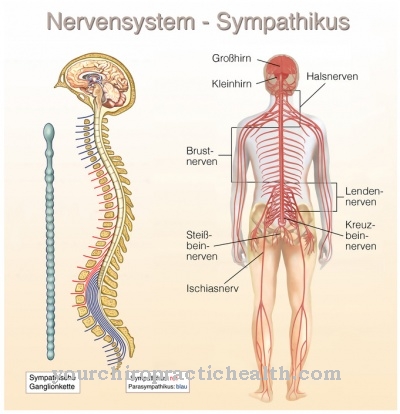
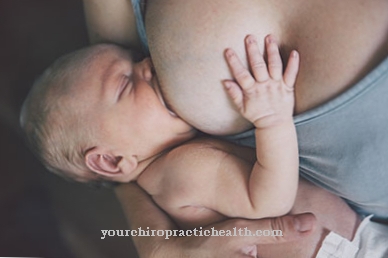
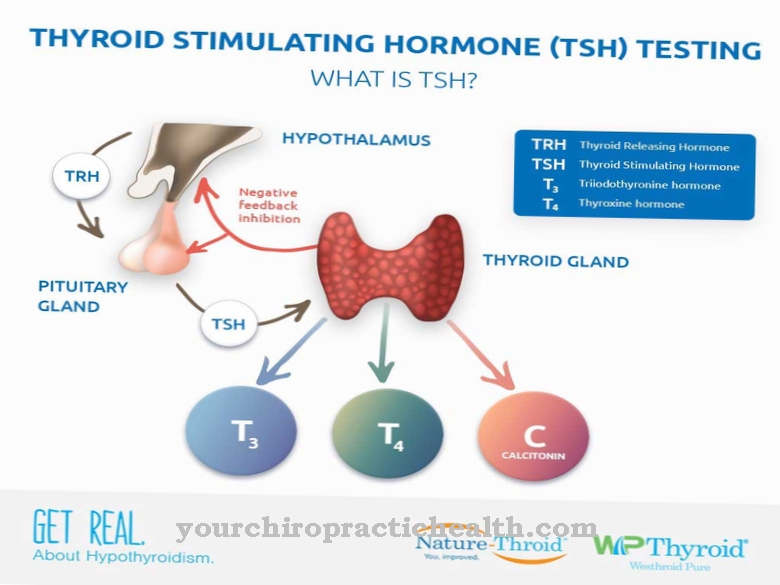
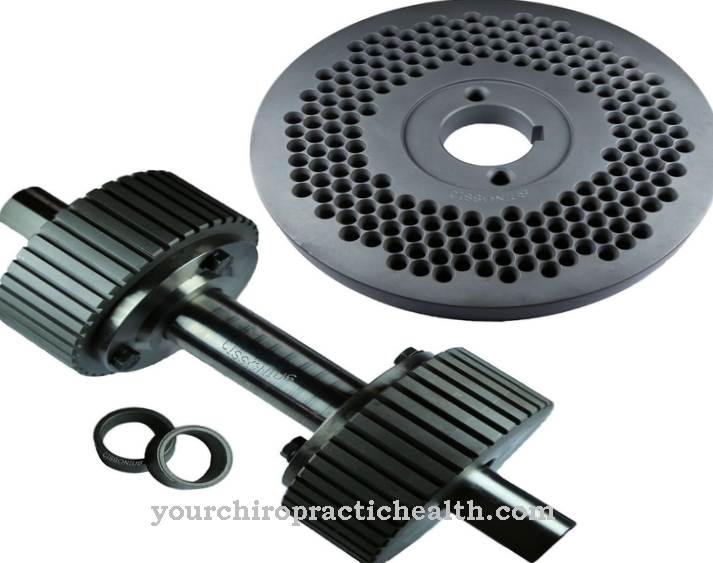
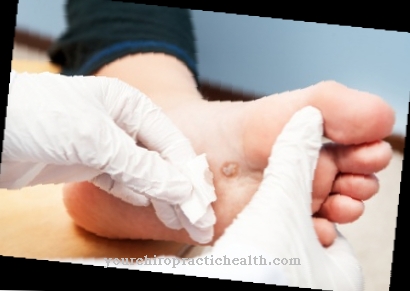
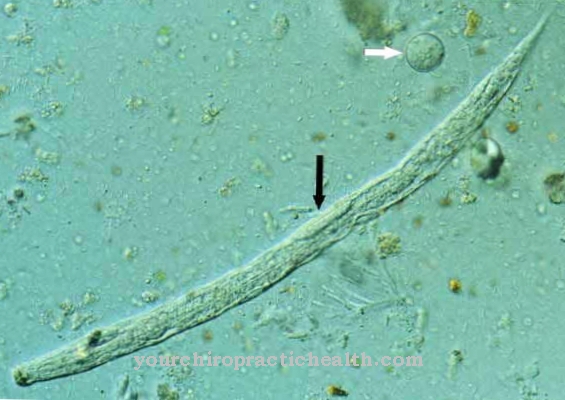
.jpg)

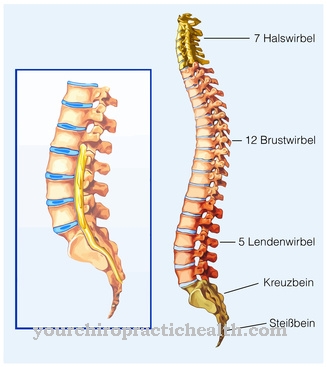

.jpg)
